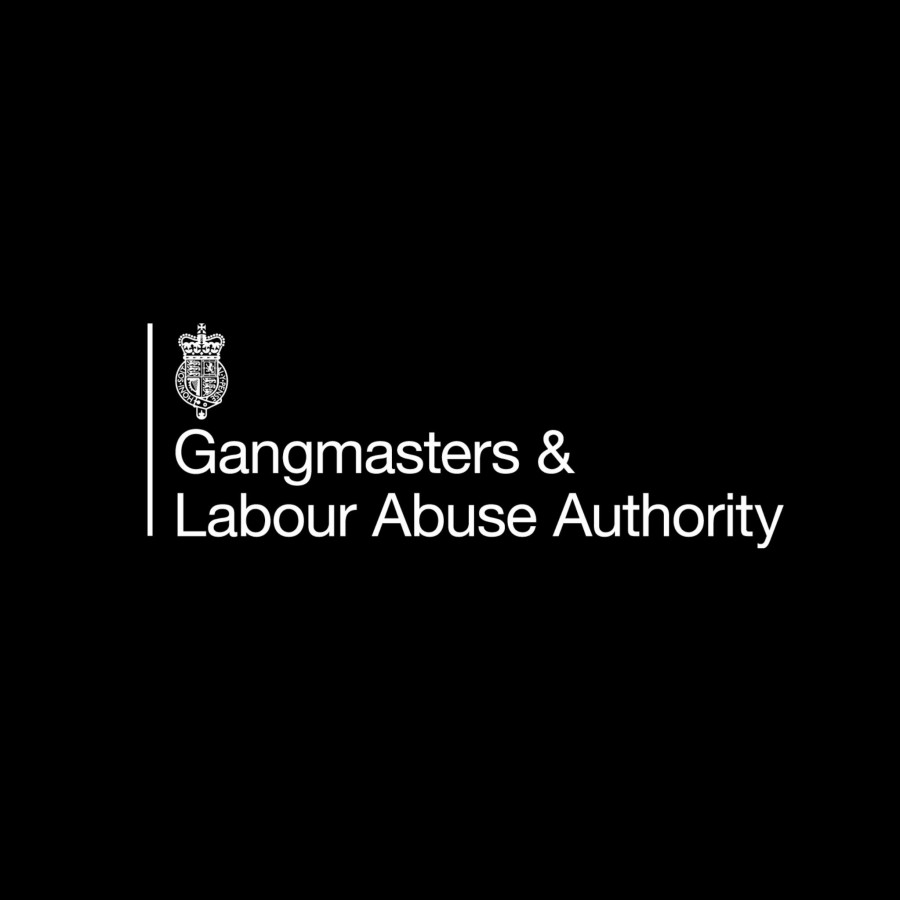Money
UK’s court hands slavery and trafficking risk order to a Nepali agency
Resham Gurung and Pravin Rimal, the directors of a recruiting agency, denied the accusations saying they do not have a licence to send workers to the UK.
Pawan Pandey
A UK court has handed a Slavery and Trafficking Risk Order to two directors of a Nepali recruitment agency on suspicions of exploiting workers by charging exorbitant recruitment fees.
The Gangmasters and Labour Abuse Authority (GLAA) said in a statement on Tuesday that it has suspended Adept and Agile’s licence, prohibiting it to supply workers to the UK’s regulated sectors of agriculture, horticulture, shellfish gathering, and any associated processing and packaging.
The authority also licences gangmasters, companies that supply labour, in these sectors.
The GLAA is the foremost investigative agency for labour exploitation and modern slavery in the UK. Breaching a Slavery and Trafficking Risk Order is a criminal offence carrying a maximum penalty of five years in prison.
“Doncaster Magistrates’ Court approved the application from the GLAA for an interim Slavery and Trafficking Risk Order against Resham Gurung and Pravin Rimal at a hearing on December 21,'' read the statement. “STROs are civil orders issued to restrict the activities of individuals who pose a serious risk of otherwise committing slavery or trafficking offences.”
Gurung and Rimal are listed as chairmen of Adept and Agile, a company based in Nepal.
“The order is in place for 18 months,” according to the statement. “Gurung, of Foxley Close, Blackwater, Surrey, and Rimal of Ring Road, Gwarko, Kathmandu are prevented under the Slavery and Trafficking Risk Order from arranging anyone’s travel into or out of England, other than their own children.”
Gurung and Rimal denied the accusation.
“The decision does not seem authentic,” Gurung told the Post. “We are neither UK citizens nor have a licence to send workers there.”
Gurung claimed that they have never sent a single Nepali citizen to work in the UK. “We have nothing to say about the decision,” he said.
According to the GLAA, its officers spoke to 85 workers on two visits to a meat processing factory in South Yorkshire in October 2022.
“Workers told the GLAA that they had paid job-finding fees of up to 13,000 pounds (around Rs2 million) to Adept and Agile while they were still in Nepal,” said the statement. “Some had taken out loans to pay the fee, while others said that they had put up their homes or businesses as security for the loan.”
“Some of the workers added that they had been told not to speak about the payments, otherwise they could lose their jobs and be sent back to Nepal.”
The UK has emerged as one of the major destinations among Nepalis for skilled as well as seasonal work in recent years.
Usually, one can work as a butcher in the UK through a skilled workers visa. But in times of emergency need, the UK government has allowed the butchers to go to the UK as seasonal workers too.
In the skilled visa scheme, aspiring individuals need to have knowledge of English and a certificate of sponsorship from an employer.
Though the fees for finding work are explicitly banned under the GLAA licensing standards, the candidates are required to pay for the application and health surcharge, besides the travel cost.
While the standard application fee ranges from 625 to 1,423 pounds (around Rs99,000 to Rs 226,000), healthcare is usually 624 pounds per year.
The skilled work visa can last up to five years and can be extended further.
After five years, the workers may also be able to apply for permanent settlement in the UK.
The candidates also must have at least 1,270 pounds ( around Rs202,000 ) in their bank account to show that they can support themselves in the UK, if the employer cannot cover it.
Similarly, seasonal work in the horticulture sector in the UK consists of picking fruits, vegetables and flowers for six months.
According to government data, from 2019 to the first quarter of 2022, 1,124 Nepalis received UK visas for temporary work, putting Nepal in the second spot after India as the largest receiver of UK visas among South Asian countries in recent years.
Workers have to pay 259 pounds (around Rs41,000) as an application fee besides spending for their visa and a two-way ticket. They require a certificate of sponsorship, which is a reference number that holds information about the job and personal details.
There have been multiple reports of workers paying exorbitant recruitment fees to secure work and workers not being provided employment for the entire six-month period.
In November last year, the Post interviewed several Nepali seasonal workers who said they had to pay Rs500,000 to Rs900,000 to a third-party agent for securing fruit picking jobs in the UK.
The Guardian investigation last year found that migrant fruit pickers were charged thousands in illegal fees to work in UK farms.
A Nepali migrant worker told the British daily that she had to pay more than 3,000 pounds (around Rs477,000) to recruitment agents.
“Migrant workers being made to pay a huge amount in illegal recruitment fees is a very big issue in almost every sector in the UK,” said Andy Hall, a Kathmandu-based migrant workers' rights specialist working in South and Southeast Asia.
“While the UK government does not have proper laws for ethical recruitment as a worker needs to pay a huge amount for application and healthcare besides the travel costs, the recruitment process monitoring mechanism in Nepal is very poor.”
Umakanta Acharya, director general of the Department of Foreign Employment, the organisation responsible for monitoring foreign employment, said there is a legal mechanism to investigate a recruiting agency and punish it accordingly, if found guilty. “But the victims first need to file a complaint at the department.”
According to Hall, a government-to-government mechanism to send the workers would be more effective to carry out ethical recruitment as well as protecting workers from injustices while working abroad.
The Nepal government recently approved the Seasonal Workers Management Working Guideline 2022, permitting the local level to select suitable candidates and send them to work temporarily in foreign countries.
According to the new guidelines, individuals will be sent for foreign employment under a 'zero cost' scheme through a government initiative. However, labour migration researchers have doubted its effective implementation, pointing out the need for a robust regulatory mechanism to oversee the entire process.




 14.14°C Kathmandu
14.14°C Kathmandu













